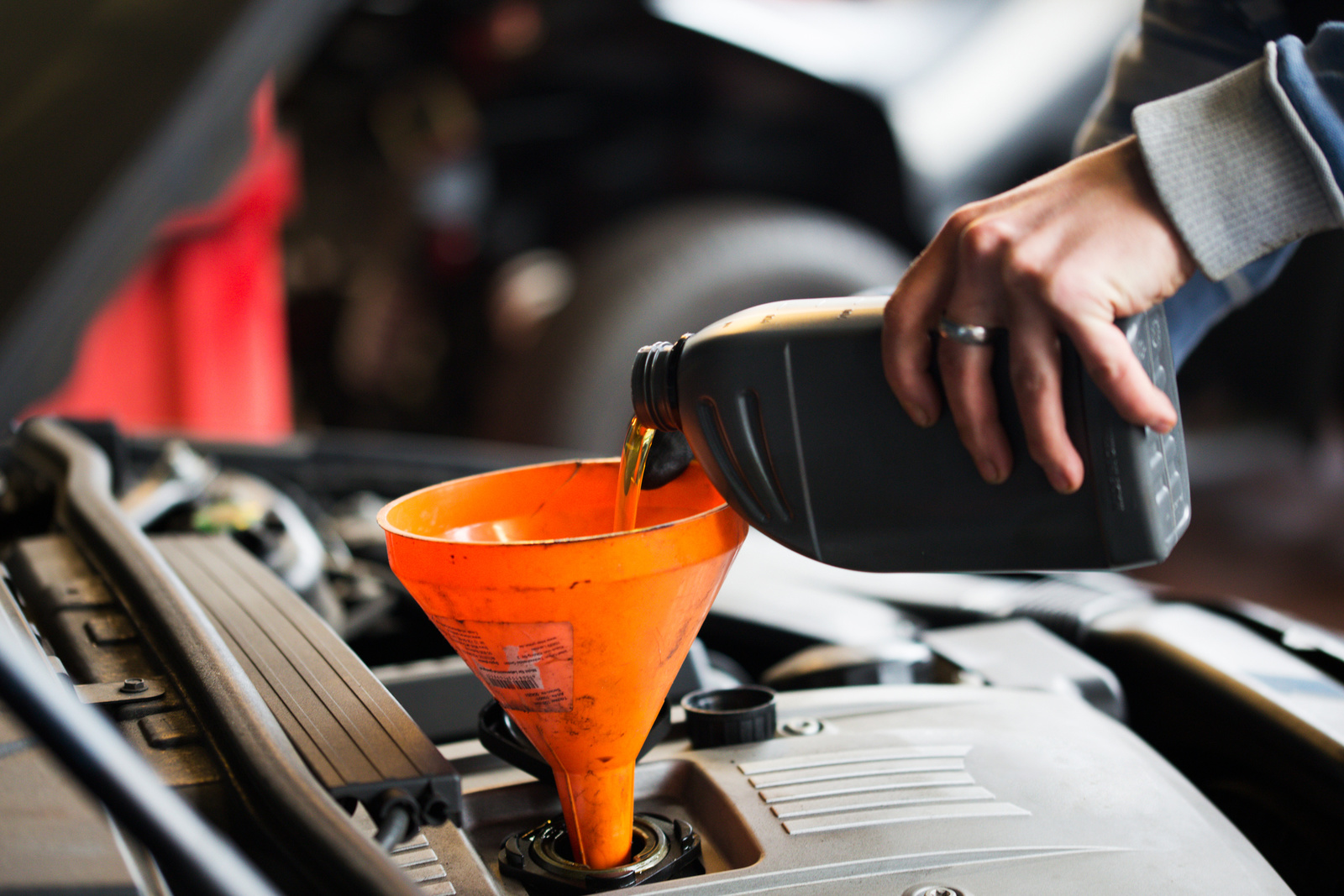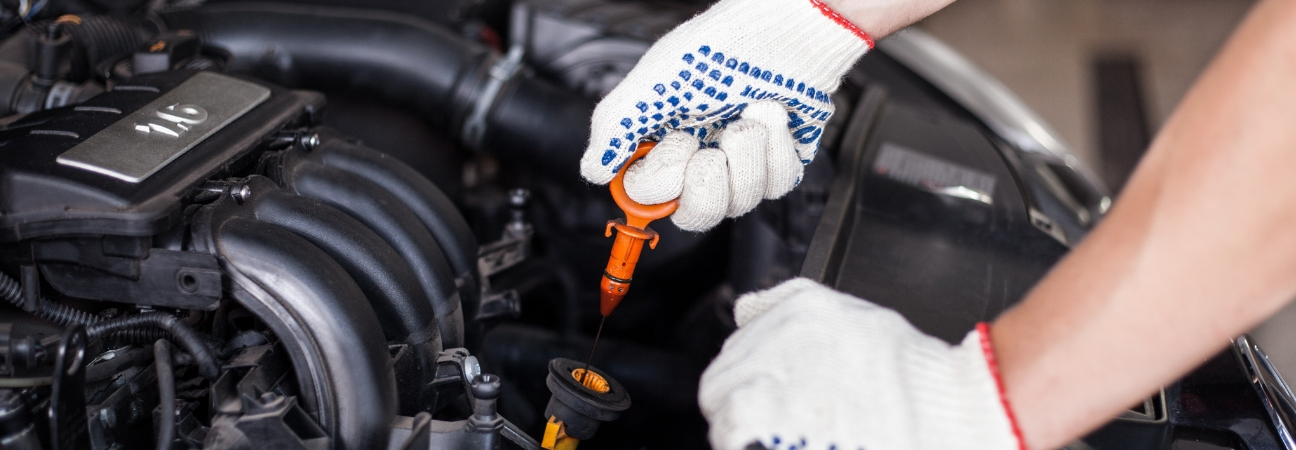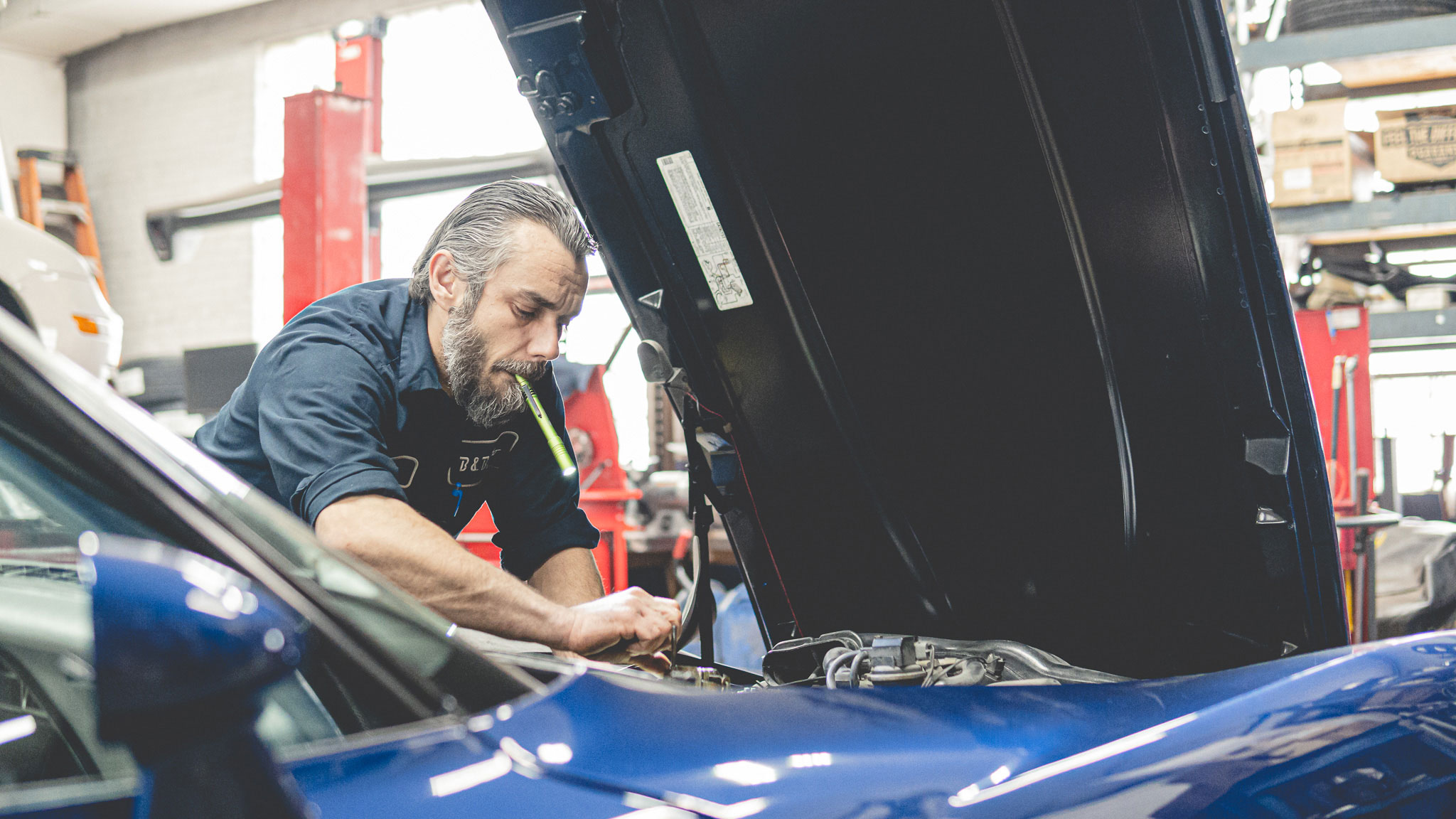All Categories
Featured
When your automobile overheats, it can really feel like a major emergency situation, however staying tranquil and following the appropriate steps can stop significant engine damages and help obtain you back when driving safely. In this message, we'll explore what to do if your automobile overheats and use preventative pointers to decrease the danger of overheating in the future.
What to Do If Your Cars and truck Gets too hot. Draw Over to a Safe Location The first and essential step if your vehicle begins to overheat is to pull over to a secure spot as soon as feasible. Activate your hazard lights and direct your car to the shoulder or right into a parking area. Maintaining your automobile running while it's overheated can cause extreme damages to the engine, so it's vital to shut the engine off right now.
Allow the Engine Cool Once you've securely stopped, allow the engine to cool off. You need to never ever attempt to open the radiator cap while the engine is still hot, as the release of vapor or hot coolant can create burns. Wait a minimum of 15-20 mins to enable the engine temperature to go down to a much safer level before continuing.
![]()
Inspect the Coolant Degree After the engine has actually cooled, check the coolant levels by checking the reservoir or radiator. Top it off with a mixture of coolant and water (as specified by your automobile's supplier) if it's low. Constantly use care when opening the coolant tank, as stress might have developed.
Search For Noticeable Leaks While you await the engine to cool down, aesthetically inspect the radiator, tubes, and coolant storage tank for any type of visible leakages or cracks. A dripping radiator or hose is a typical cause of getting too hot. It's far better to call a tow service than threat driving further and triggering additional damage. if you discover a substantial leakage.
Reboot the Engine After enabling the engine to cool down and making sure the coolant is rounded off, begin the engine and check the temperature level scale. If the temperature level remains to climb quickly, it's finest to close the engine off and call for roadside assistance or a tow to the closest mechanic.
![]()
Just How to Stop Overheating in the Future. On A Regular Basis Check Coolant Degrees Among the simplest ways to avoid overheating is by preserving the right level of coolant. In time, coolant can vaporize, so routinely examine the coolant levels in the storage tank. Reduced coolant degrees can create the engine to overheat promptly, so leading it off as needed.
Examine the Radiator The radiator plays a vital role in keeping the engine cool. Occasionally examine the radiator for any kind of blockages, dirt, or particles that can obstruct air movement. If you notice any indications of damages, such as rust or leaks, have it repaired or changed asap.
Replace the Thermostat and Water Pump A malfunctioning thermostat or water pump is a common source of overheating. The thermostat manages the circulation of coolant, while the water pump distributes it with the engine. If either component is defective, it can prevent appropriate air conditioning. Have your mechanic examine these parts on a regular basis and change them when essential.
Flush the Air conditioning System In time, coolant can degrade and come to be inadequate, creating a build-up of particles in the system. Purging the air conditioning system every 30,000 miles, or as suggested in your automobile's handbook, aids to remove any kind of sludge or accumulation and makes sure the cooling system is functioning effectively.
Screen the Problem of the Hoses The pipes in your lorry's air conditioning system can wear out or fracture gradually. Inspect the pipes for any kind of indications of wear, such as bulging, fractures, or leaks, and replace them if required. Stopping coolant leakages can go a lengthy method in preventing getting too hot.
![]()
Drive Properly Hostile driving, such as increasing swiftly or driving at high speeds, puts added stress on your engine and its cooling system. Attempt to drive at modest rates, particularly on warm days or when driving on steep inclines, to lower the possibilities of getting too hot.
Prevent Straining Your Vehicle Lugging extreme weight in your vehicle places tension on the engine and cooling system. Constantly be mindful of your vehicle's weight restriction, especially if you're hauling hefty lots, lugging a trailer, or driving fars away in warm weather condition.
Final thought. A getting too hot car can be a frightening experience, but understanding just how to react and avoid it can conserve you time, money, and potential engine damages. Constantly inspect your coolant levels, evaluate key elements like the radiator, thermostat, and pipes, and adhere to a regular upkeep timetable. By remaining on top of your lorry's air conditioning system, you can decrease the risk of getting too hot and appreciate a smoother, more secure driving experience.
What to Do If Your Cars and truck Gets too hot. Draw Over to a Safe Location The first and essential step if your vehicle begins to overheat is to pull over to a secure spot as soon as feasible. Activate your hazard lights and direct your car to the shoulder or right into a parking area. Maintaining your automobile running while it's overheated can cause extreme damages to the engine, so it's vital to shut the engine off right now.
Allow the Engine Cool Once you've securely stopped, allow the engine to cool off. You need to never ever attempt to open the radiator cap while the engine is still hot, as the release of vapor or hot coolant can create burns. Wait a minimum of 15-20 mins to enable the engine temperature to go down to a much safer level before continuing.

Inspect the Coolant Degree After the engine has actually cooled, check the coolant levels by checking the reservoir or radiator. Top it off with a mixture of coolant and water (as specified by your automobile's supplier) if it's low. Constantly use care when opening the coolant tank, as stress might have developed.
Search For Noticeable Leaks While you await the engine to cool down, aesthetically inspect the radiator, tubes, and coolant storage tank for any type of visible leakages or cracks. A dripping radiator or hose is a typical cause of getting too hot. It's far better to call a tow service than threat driving further and triggering additional damage. if you discover a substantial leakage.
Reboot the Engine After enabling the engine to cool down and making sure the coolant is rounded off, begin the engine and check the temperature level scale. If the temperature level remains to climb quickly, it's finest to close the engine off and call for roadside assistance or a tow to the closest mechanic.

Just How to Stop Overheating in the Future. On A Regular Basis Check Coolant Degrees Among the simplest ways to avoid overheating is by preserving the right level of coolant. In time, coolant can vaporize, so routinely examine the coolant levels in the storage tank. Reduced coolant degrees can create the engine to overheat promptly, so leading it off as needed.
Examine the Radiator The radiator plays a vital role in keeping the engine cool. Occasionally examine the radiator for any kind of blockages, dirt, or particles that can obstruct air movement. If you notice any indications of damages, such as rust or leaks, have it repaired or changed asap.
Replace the Thermostat and Water Pump A malfunctioning thermostat or water pump is a common source of overheating. The thermostat manages the circulation of coolant, while the water pump distributes it with the engine. If either component is defective, it can prevent appropriate air conditioning. Have your mechanic examine these parts on a regular basis and change them when essential.
Flush the Air conditioning System In time, coolant can degrade and come to be inadequate, creating a build-up of particles in the system. Purging the air conditioning system every 30,000 miles, or as suggested in your automobile's handbook, aids to remove any kind of sludge or accumulation and makes sure the cooling system is functioning effectively.
Screen the Problem of the Hoses The pipes in your lorry's air conditioning system can wear out or fracture gradually. Inspect the pipes for any kind of indications of wear, such as bulging, fractures, or leaks, and replace them if required. Stopping coolant leakages can go a lengthy method in preventing getting too hot.

Drive Properly Hostile driving, such as increasing swiftly or driving at high speeds, puts added stress on your engine and its cooling system. Attempt to drive at modest rates, particularly on warm days or when driving on steep inclines, to lower the possibilities of getting too hot.
Prevent Straining Your Vehicle Lugging extreme weight in your vehicle places tension on the engine and cooling system. Constantly be mindful of your vehicle's weight restriction, especially if you're hauling hefty lots, lugging a trailer, or driving fars away in warm weather condition.
Final thought. A getting too hot car can be a frightening experience, but understanding just how to react and avoid it can conserve you time, money, and potential engine damages. Constantly inspect your coolant levels, evaluate key elements like the radiator, thermostat, and pipes, and adhere to a regular upkeep timetable. By remaining on top of your lorry's air conditioning system, you can decrease the risk of getting too hot and appreciate a smoother, more secure driving experience.
Latest Posts
Comprehensive Care Overview for Tile Flooring
Published Jan 03, 25
1 min read
From Repairs to Replacements: A-Abel Roofing Delivers in Tinley Park
Published Jan 03, 25
1 min read
Montclare Auto Repair
Published Jan 03, 25
0 min read